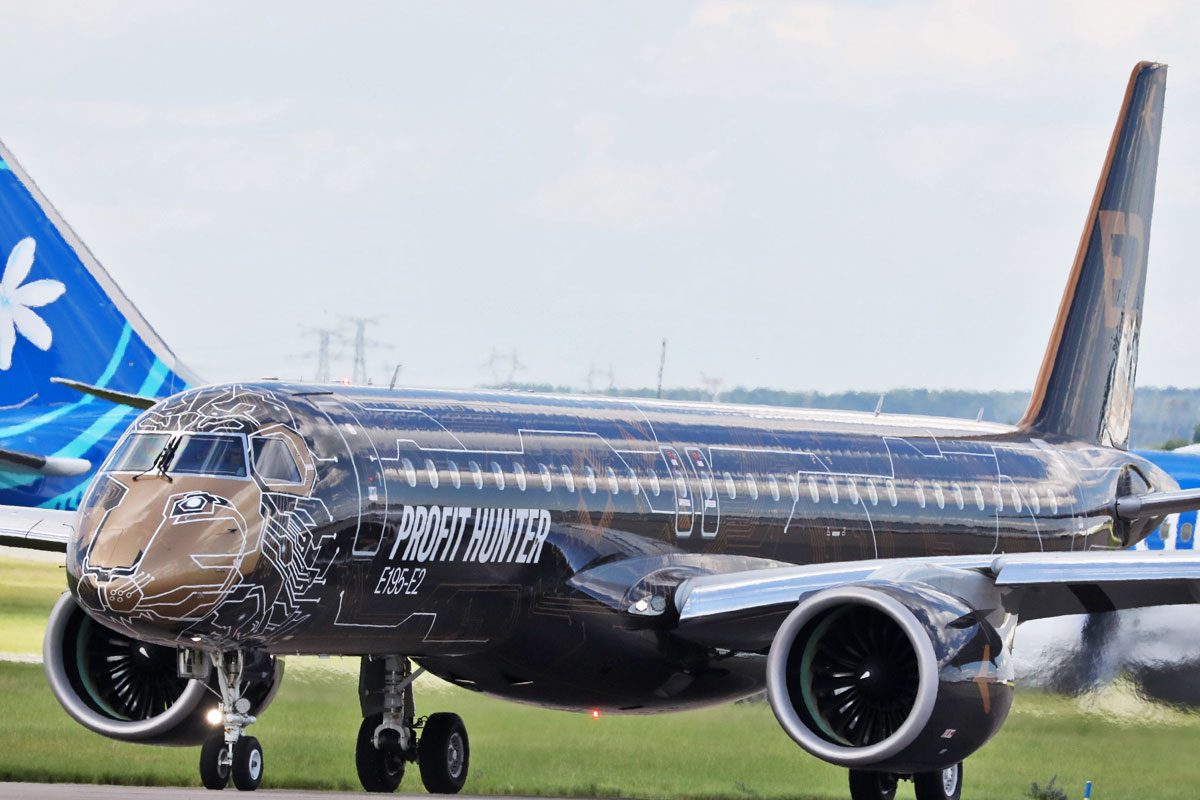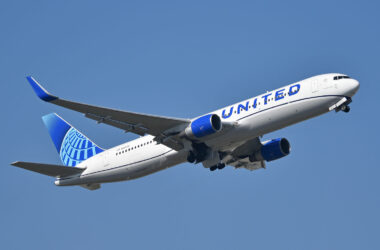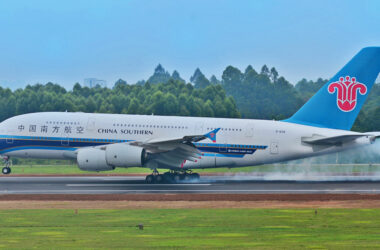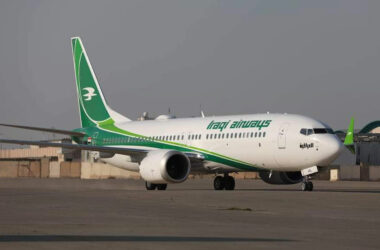In a short statement, Boeing confirmed on Saturday that it had decided to end the Master Transaction Agreement (MTA) with Embraer and that it foresaw the formation of a new company that would take over the Brazilian company’s commercial aircraft line.
The prior agreement had an end date of April 24 and the US manufacturer stated that “exercised its rights to terminate after Embraer did not satisfy the necessary conditions.”
The planemaker, however, said that another joint venture, signed in 2012 and expanded in 2016, that involves the market and support of the C-390 Millennium military cargo jet remains active.
“Boeing has worked diligently over more than two years to finalize its transaction with Embraer. Over the past several months, we had productive but ultimately unsuccessful negotiations about unsatisfied MTA conditions. We all aimed to resolve those by the initial termination date, but it didn ‘t happen, “said Marc Allen, president of Embraer Partnership & Group Operations. “It is deeply disappointing. But we have reached a point where continued negotiation within the framework of the MTA is not going to resolve the outstanding issues.”
Embraer has not yet commented on Boeing’s statement.
Airbus double win
The end of the joint venture between Boeing and Embraer, after about 30 months of negotiations and discussions, will certainly be celebrated as a double victory for Airbus.
Instead of facing a competitor with a similar product line, the European planemaker will dispute orders with two weakened companies, with financial problems and a smaller margin of negotiation.
One thing is certain, the joint venture has dragged on for a long time to elect the coronavirus pandemic as the main reason for the end of the project. Talks between the two groups started in the second half of 2017, but there was only one official announcement in July 2018.
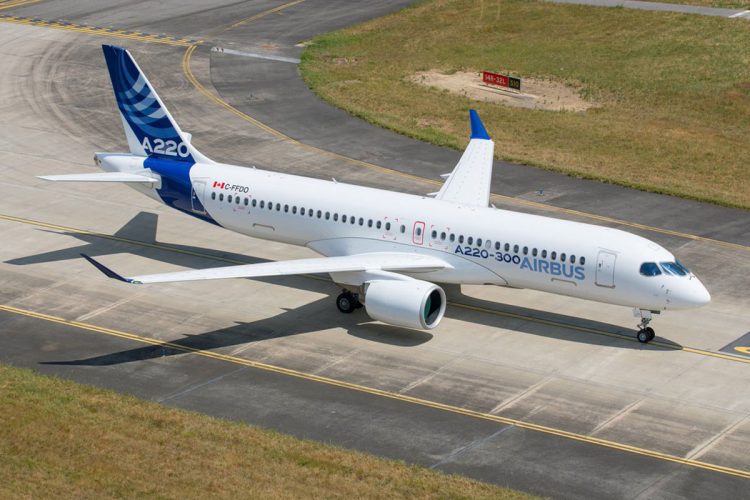
The proposal faced general elections in Brazil, protests against foreign investment in Embraer and prolonged discussions on how to separate the divisions of the Brazilian company, which also operates in the defense and business jet markets.
A different scenario from what happened with the negotiation of Airbus for the purchase of Bombardier’s CSeries jets, which made Boeing approach Embraer. Europeans preferred to create a partnership to offer the new jets in which they undertook to invest in the program for the symbolic cost of a Canadian dollar.
Boeing and Embraer, in contrast, decided to launch a third company, Boeing Brasil Commercial, in which the US company would have an 80% stake, after paying $ 4.2 billion.
It is precisely this amount that is no longer available, despite Boeing’s claims that Embraer would not have fulfilled its part of the agreement.
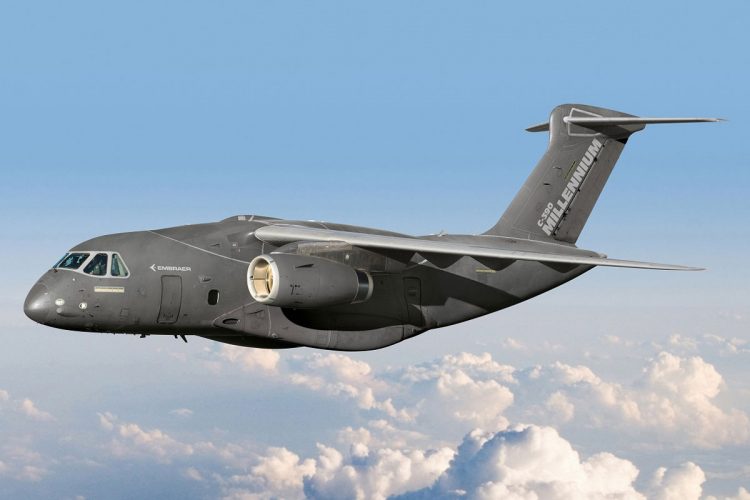
Useless spending
It remains to be seen who will bear the damage caused by the changes that were implemented to prepare Embraer for the exit of the commercial jets line, such as the transfer of business jet production to another plant or the negotiations for new contracts that were affected on account of expectation that Boeing could offer more advantageous packages in conjunction with its planes.
For Boeing, the end of the partnership means giving up the creative freshness of the Brazilian company at a time when its main programs have serious quality problems. As for Embraer, it is certain that disputes over new orders for its commercial jets will be even more difficult.



